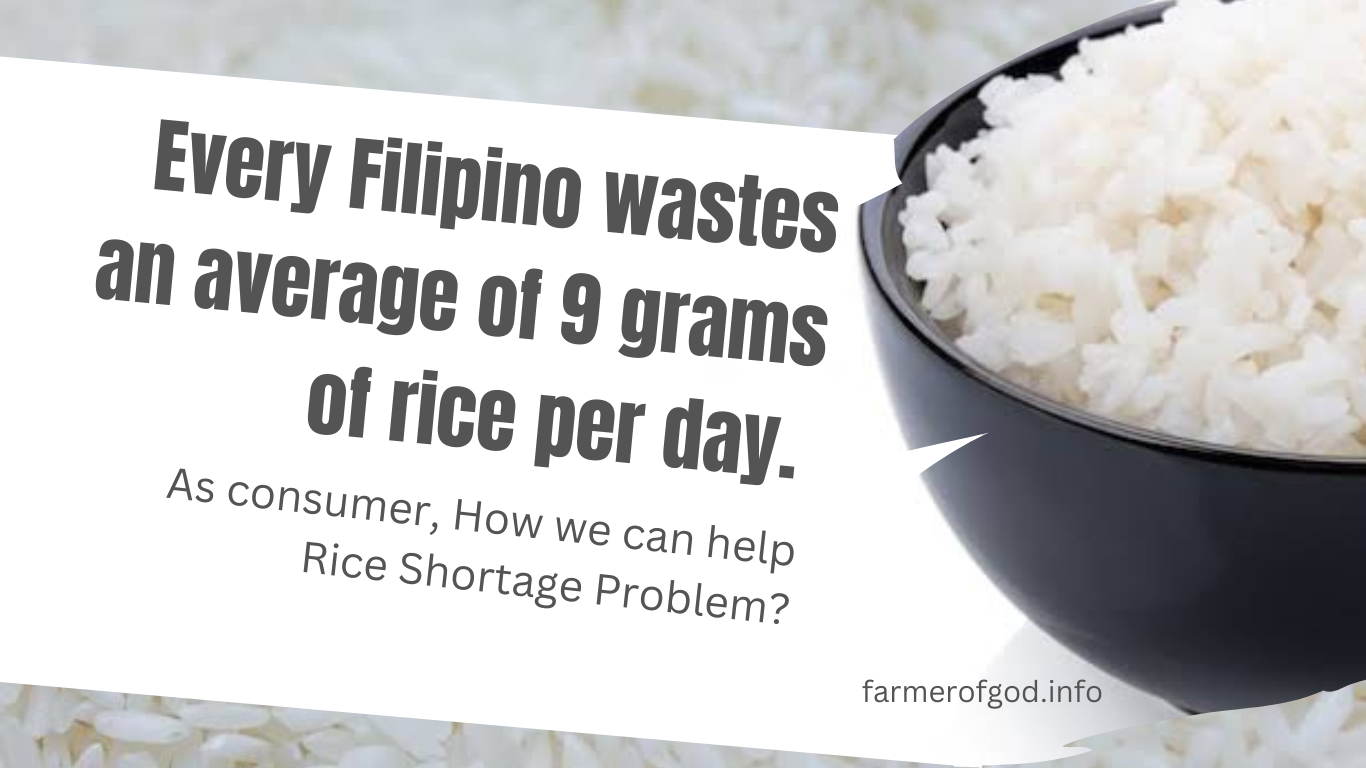Maximizing Agricultural Productivity: The Benefits of Crop Rotation

Crop rotation is a time-tested agricultural practice that involves systematically changing the types of crops grown in a specific field over different seasons. This age-old technique brings a multitude of benefits to farmers and the environment, contributing to sustainable and productive agriculture. Soil Health Improvement One of the primary advantages of crop rotation is its positive impact on soil health. Different crops have varying nutrient requirements and root structures. By rotating crops, the soil is not depleted of specific nutrients, preventing the buildup of pests and diseases associated with a single crop. This natural diversity promotes a balanced and fertile soil environment. Pest and Disease Management Crop rotation is an effective strategy for controlling pests and diseases. Certain pests and pathogens have specific host plants, and by changing crops regularly, farmers disrupt the life cycles of these harmful organisms. This reduces the risk of infestations...






















